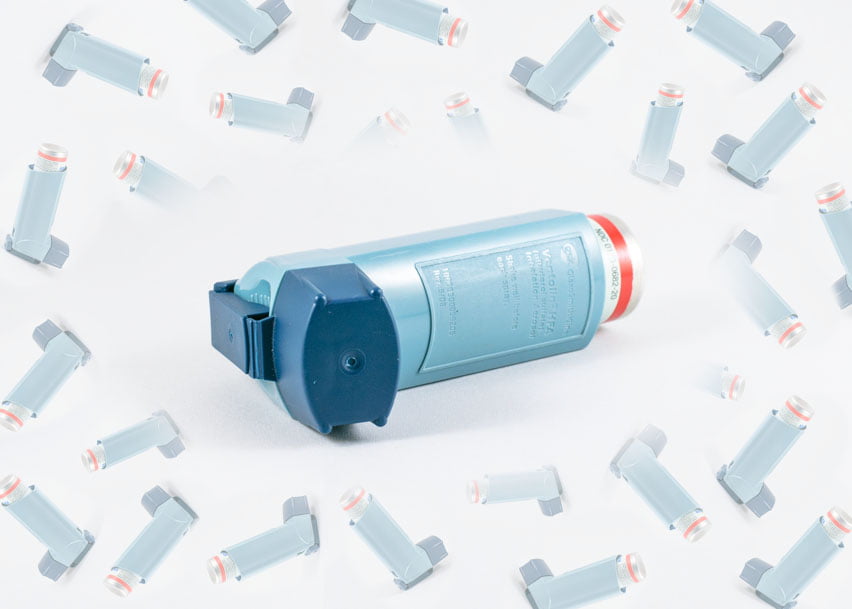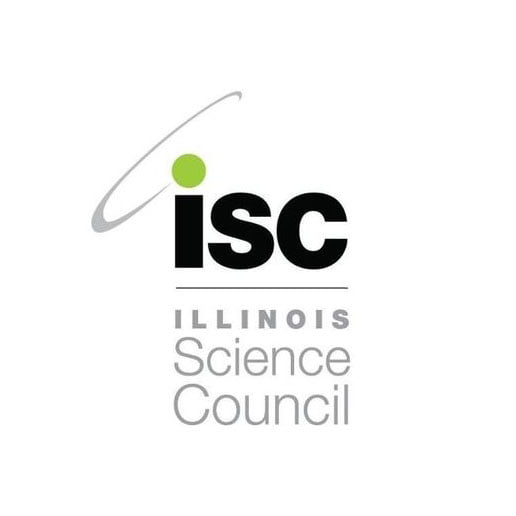Most kids don’t know how to use their inhalers. Could more screen time be the solution?

When it comes to treating an asthma episode, speed is key – just ask your favorite asthmatic TV characters. From Milhouse on The Simpsons to Carl on Jimmy Neutron, characters with asthma on the screen can always quell their symptoms with a few puffs from their inhaler. But off-screen in the real world, up to 80% of those with asthma don’t know how to use their inhalers the right way.
In order to use an inhaler correctly to get the full dose of medicine, kids need to line up their breathing so that they inhale at the same time they press down on the pump. This can be tricky and requires a bit of coordination, so it’s easy to miss out on the full power of the medicine. When this happens, asthma symptoms can go untreated. Anna Volerman, MD, an internist and pediatrician at the University of Chicago, recognizes that improper inhaler use can cause many people to lose hope in their ability to manage their asthma.
Have a child with asthma or know someone who does?

Story by Alex Emerson, UChicago ’21
Alex Emerson is a recent graduate of the University of Chicago with a degree in Biological Sciences and Media, Arts, and Design. Lately, his focus has been geared towards global health, filmmaking, and how to combine the two. His science-driven films have screened everywhere from Washington state to the White House, and he also enjoys running and playing bass in a family band.
About The New Normal™ Campaign
The New Normal™ Campaign is championed by the Institute for Translational Medicine (ITM), a partnership between the University of Chicago and Rush in collaboration with Advocate Health Care, the Illinois Institute of Technology (Illinois Tech), Loyola University Chicago, and NorthShore University HealthSystem, as well as the Northwestern University Clinical and Translational Sciences (NUCATS) Institute and the University of Illinois at Chicago Center for Clinical and Translational Science (CCTS). The ITM, NUCATS, and CCTS are fueled by nearly $80 million from the National Institutes of Health (NIH) National Center for Advancing Translational Science (NCATS) Clinical and Translational Science Awards (CTSA) Program. The Michigan Institute for Clinical & Health Research shared its technology to help connect the public with research opportunities for this initiative. The New Normal™ initiative is also supported by the Chicago Department of Public Health and other regional and national partners who believe in empowering everyone to get involved in making discoveries to improve human health. Learn more and join at www.bethenewnormal.org
This project is supported by the National Center for Advancing Translational Sciences (NCATS) of the National Institutes of Health (NIH) through Grant Number UL1TR002389 that supports the Institute for Translational Medicine (ITM); Grant Number UL1TR001422 that supports Northwestern University Clinical and Translational Sciences Institute (NUCATS); Grant Number UL1TR002003 that supports the University of Illinois at Chicago (UIC) Center for Clinical and Translational Science (CCTS); and Grant Number UL1TR002240 that supports the Michigan Institute for Clinical & Health Research (MICHR). The content is solely the responsibility of the authors and does not necessarily represent the official views of the NIH.






